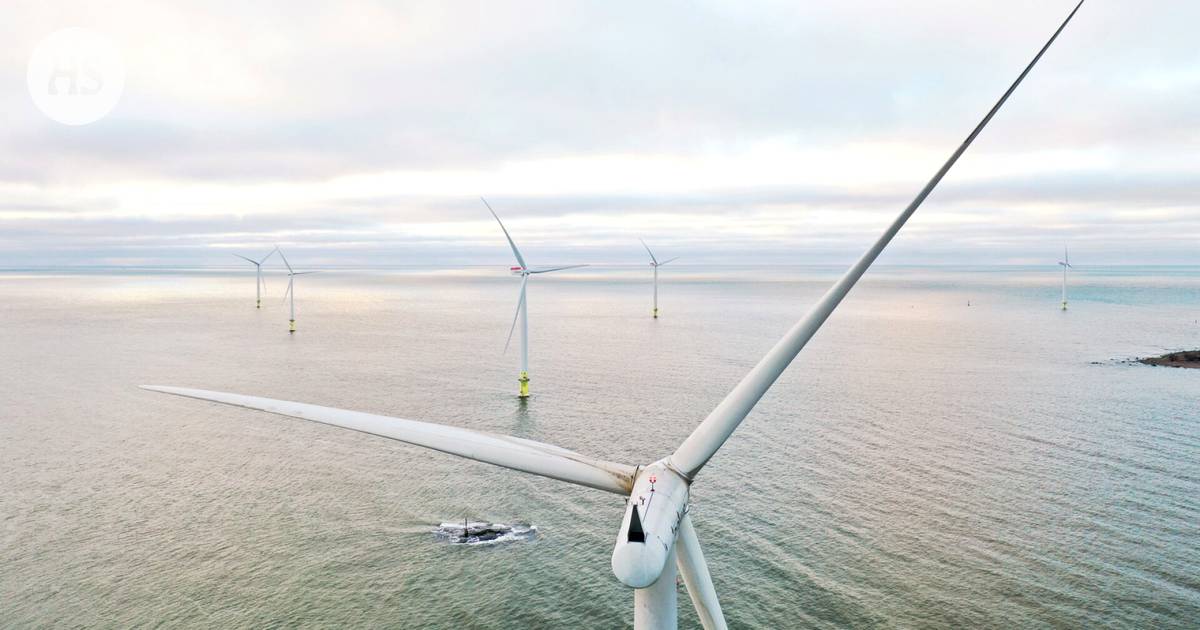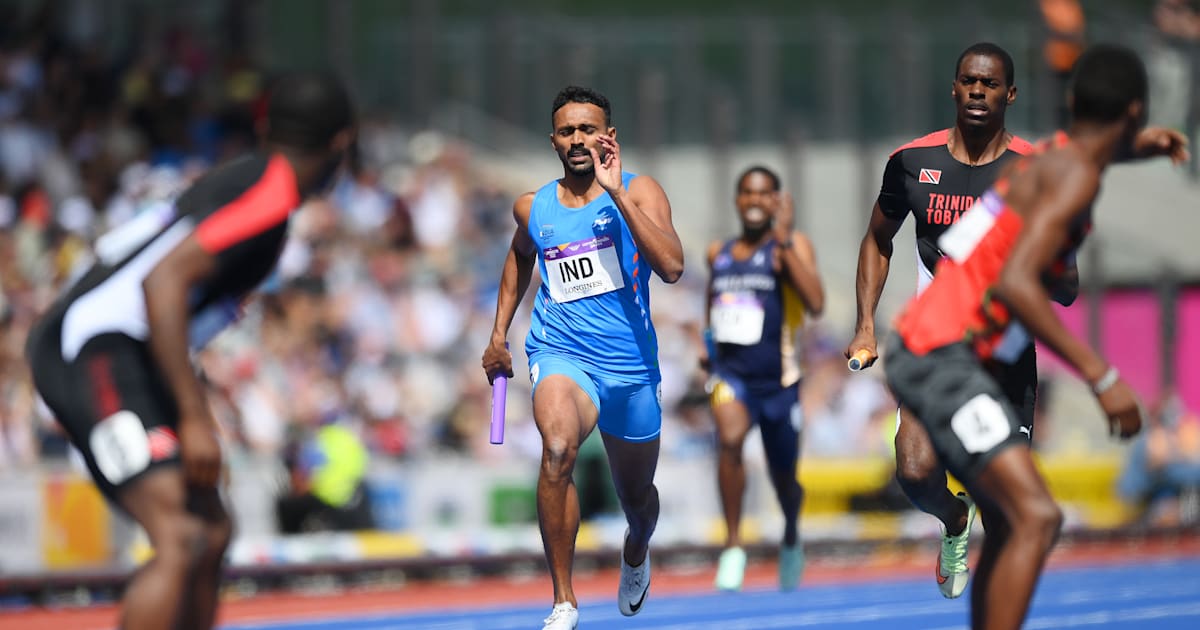
Finland’s Offshore Wind Power: A Controlled Approach to Development in the Gulf of Pohjanlahti
The wind power industry has voiced criticism over the Finnish government’s decision to delay offshore wind power projects in the Gulf of Pohjanlahti. The government has opted not to grant exclusive rights to Finland’s economic zone for the development of offshore wind power, despite 11 companies having applied for exploitation rights for 16 areas in the Gulf of Pohjanlahti.
While some concerns have been raised about the potential impact of this decision on specific projects, it is important to note that it does not prevent the construction of wind power projects in these regions altogether. The government aims to establish clear guidelines regarding the conditions for building wind power in the economic zone and is currently preparing a new law on offshore wind power in this area.
Kari Klemm, an advisor to the Ministry of Labor and Economic Affairs, explained that while they support offshore wind power projects, they must ensure that their wider impacts are considered. He emphasized that a controlled approach is necessary when bringing project areas to market, particularly in a sensitive ecosystem like the Gulf of Pohjanlahti.
Finland’s utility wind and Sweden’s OX2 were among those who raised concerns about the negative impact of this decision on their offshore wind projects. Finland’s utility wind highlighted the significant potential for offshore wind energy in Finland’s economic zone and urged caution when developing these resources. OX2 expressed worry that their projects would be delayed but hoped for minimal disruption to their timeline.
Industry representatives from Suomen Tuulivoimayhdistys also echoed these concerns, stating that this decision would slow down the development of offshore wind power projects in Finland’s economic zone. Expectations are now high for future tenders and developments under this new law, as stakeholders seek a balanced approach between harnessing renewable energy and protecting ecosystems.
In conclusion, while some concerns have been raised about Finland’s decision to delay offshore wind power projects, it is important to note that this move does not halt all construction efforts altogether. The government aims to establish clear guidelines regarding conditions for building wind energy infrastructure while ensuring broader impacts are considered carefully. As stakeholders continue work on future tenders and developments under this new law, they seek a balanced approach between harnessing renewable energy and protecting ecosystems.

